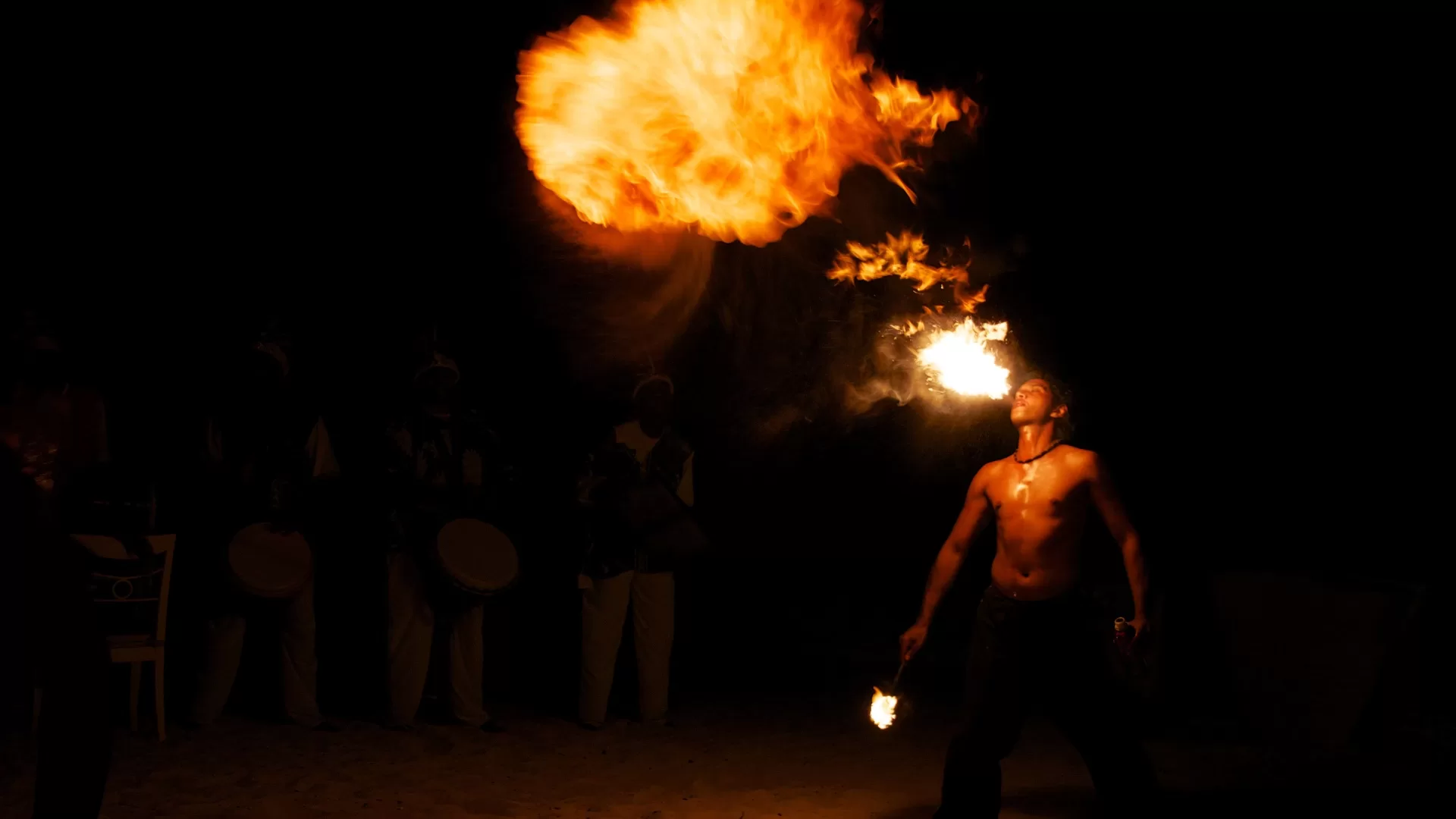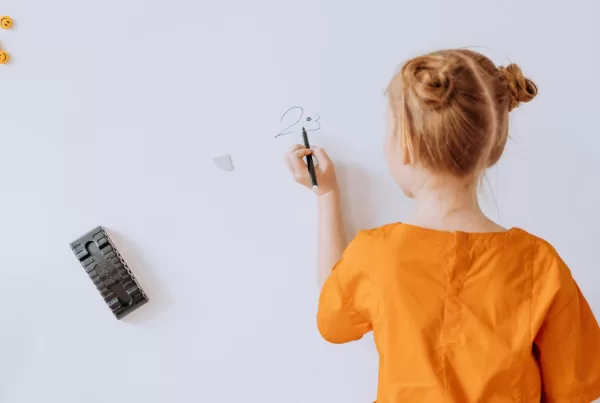I am not sure I subscribe to the notion that history always repeats itself, but it certainly seems to have a rhythm.
I’m (perhaps clearly) not a historian, but it is the case that throughout the ages, great technological leaps have brought not only progress, but also destabilisation. Gutenberg’s press democratised knowledge, but it also catalysed the Reformation and decades of sectarian conflict. The sailing innovations of the Spanish and Portuguese unlocked new worlds, but also ushered in centuries of colonisation and enslavement. The steam engine transformed economies and lifted millions out of agrarian poverty, while simultaneously igniting class strife and feeding the greed of new empires, the consequences of which still shape countries around the world.
The Double Edge of Innovation
Today, we find ourselves once more at another Promethean inflection point. The digital revolution that gathered pace in the early 2000s promised a utopia of connectivity, innovation, and inclusion. The prevailing narrative then was one of liberation: knowledge would be freed; millions would find a voice; democracy, creativity, and global understanding would flourish.
But such Panglossian optimism obscured the need for boundaries. The lack of regulation, accountability, and ethical foresight allowed social media tools to be shaped not for the common good, but for engagement, attention, and humungously large profits. What followed was not a global town hall that levelled the playing field, but a virtual arena serving up spectacles sustained by outrage and polarisation.
The Erosion of Trust
The consequences thus far have been far-reaching: civic trust has been eroded; public discourse continues to fragment; and vulnerable young people navigate a digital landscape optimised to monetise their insecurities. The very platforms that once promised connection now actively corrode it.
And with the rise of generative AI — and while schools worry about plagiarism — elsewhere we are redrawing the line between the real and the synthetic until reality itself becomes implausible. What were once shared truths become competing fictions, to many more compellingly plausible than reality itself. In such a landscape, ignorance becomes a resource to be mined, a feature to be exploited, producing parallel worlds so mutually incompatible that dialogue becomes not just difficult, but futile. The danger is no longer just misinformation, but the slow, steady corrosion of consensus and the increasingly naïve notion of a common ‘we’.
The Cost of Polarisation
The political ramifications are sobering. In a world already fraying at the seams, polarisation makes coherent responses impossible. Populists promote fractiousness and feed off the grievance they manufacture, only to then offer themselves as the simple solution to the world’s complex issues. As our institutions begin to creak from within, the shared realities that once underpinned them dissolve into competing narratives, each more emotionally persuasive than the actual truth.
A Note of Optimism
But if history teaches us anything, it is that while technological leaps can destabilise, human beings can also respond with imagination and determination. The printing press gave rise not only to conflict, but also to enlightenment. The golden age of navigation facilitated conquest and colonisation, but also ushered in the first true era of global exchange. Industrialisation brought Dickensian squalor, but also labour movements, public education, and democracy as we know it.
What matters is not just what the technology does, but what we choose to do with it. We can choose to be agents, rather than passive recipients of “progress”, and this is where our attention must now turn. Regulation must catch up, and transparency must become — if you’ll forgive the phrase — non-negotiable.
Schools have an important role to play in this. They are among the few places still capable of gathering young people into a shared experience of reality. They can become incubators of democratic resilience, where students learn not just what’s what, but how to disagree agreeably and think critically; not just how to consume information, but how to weigh it, test it, and act on it with integrity.
My hope is that this moment of disruption can also be a moment of decision. A new fire has been lit. What we do next determines whether it scorches, or illuminates.
If you enjoyed this article, you’ll like my previous one.
“The sad truth is that most evil is done by people who never make up their minds to be good or evil.”
— Hannah Arendt
Photo by José Picardo




